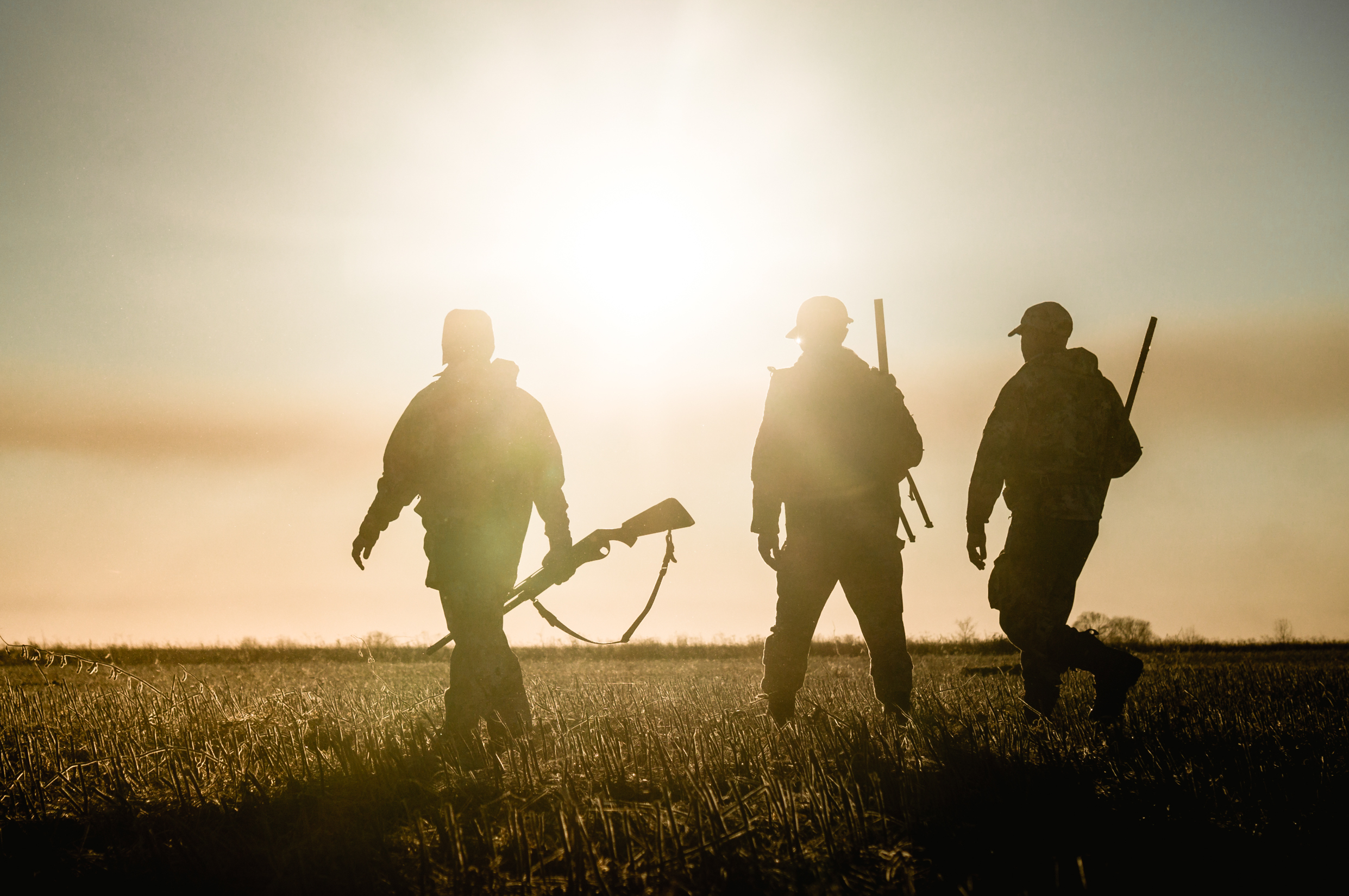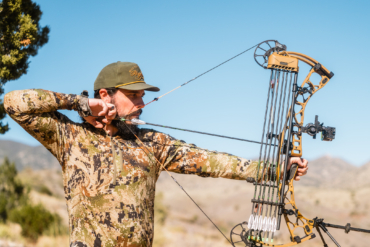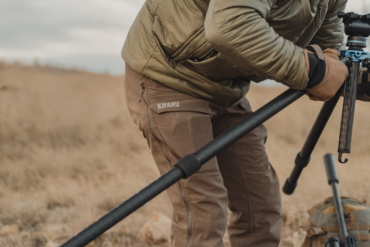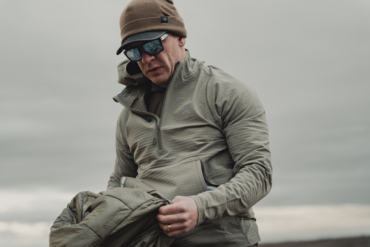Four Missouri men were recently acquitted of criminal trespass charges in Wyoming for a corner-crossing incident in 2021. On June 6, three of them will return to the same courtroom to face new charges for the same offense in 2020.
On April 29, 2022, Bradly Cape, Phillip Yeomans, Zachary Smith, and John Slowensky were charged with violating Wyoming’s criminal trespass law by corner-crossing in order to access public land to hunt in October 2021. Utilizing a ladder system, the men explained how they went to extreme measures to ensure they never set foot on private land and had no intention of trespassing. The prosecution disagreed.
“The law is you own the airspace. Land ownership is not just the dirt; it’s the airspace above,” Carbon County Prosecutor Ashley Mayfield Davis explained to the jury in her closing argument. Not swayed by the prosecution’s argument, a jury found the men not guilty.
Hunters and land access advocates celebrated this acquittal as a big win for public land hunters. But new charges for another offense bring three of the men back into the courtroom.
A Premature Celebration: New Charges

Bradly Cape, Phillip Yeomans, and Zachary Smith must now face Circuit Court Judge Susan Stipe again on June 6. They each face one count of violating Wyoming’s criminal trespass law between September 15, 2020, and October 15, 2020.
The most notable thing about these new charges is this: same people, same offense, same place, different date. The men are again being charged with the same crime they were just cleared of, only occurring a year prior.
Fred Eshelman of North Carolina is the private landowner pushing these charges. He owns the Elk Mountain Ranch, which meets up to the two parcels of BLM land that the men corner-crossed at.
When cited in 2020, the men stated they knew they were corner-crossing but had no intention to trespass on the ranch. The hunters killed a bull elk on public land accessed by corner-crossing. Property manager Steve Grende of the Elk Mountain Ranch called the hunters in on a trespassing violation with complaints that they’d killed the bull elk. Charges were never filed … until now.
Further complicating matters, Eshelman filed completely separate civil charges against the men. That case has been transferred from the state of Wyoming to federal court. This is yet another trial for these men, this time at the federal level.
What All This Means for Corner-Crossing

Nothing … or, at best, next to nothing. The verdict of a jury trial for these four men has a ripple effect that stops at that courthouse door on that day.
All it says is that those men were not guilty of that crime on that occasion. It does not set a precedent on the distinction between corner-crossing and criminal trespassing. The celebration of hunters around the U.S. was most undoubtedly premature.
Defense attorney Ryan Semerad addresses this in a recent statement about last week’s verdict. “This decision is not precedent, but it fairly reflects the good faith in which these men lawfully and conscientiously hunted public land,” the statement reads.
“There is more work yet to be done for these men and to ensure public access to public lands. But this verdict was an essential first step to restoring access to the public domain to the public,” he wrote. In essence, it’s an isolated win.
Strikingly, what the corner-crossing debate needed from this case was a loss. An appeal to a higher court would have a far more significant impact than the “not guilty” verdict these men were afforded in the lower courts.
Until there is a refinement on the vocabulary of what constitutes private land/air, hunters and recreators continue to live in a limbo of gray area.
The real question regarding airspace over private land is this: How far up does a landowner truly own?
For now, the legal answer to that question lies in the ether — and it’s up to future courts to decide.







